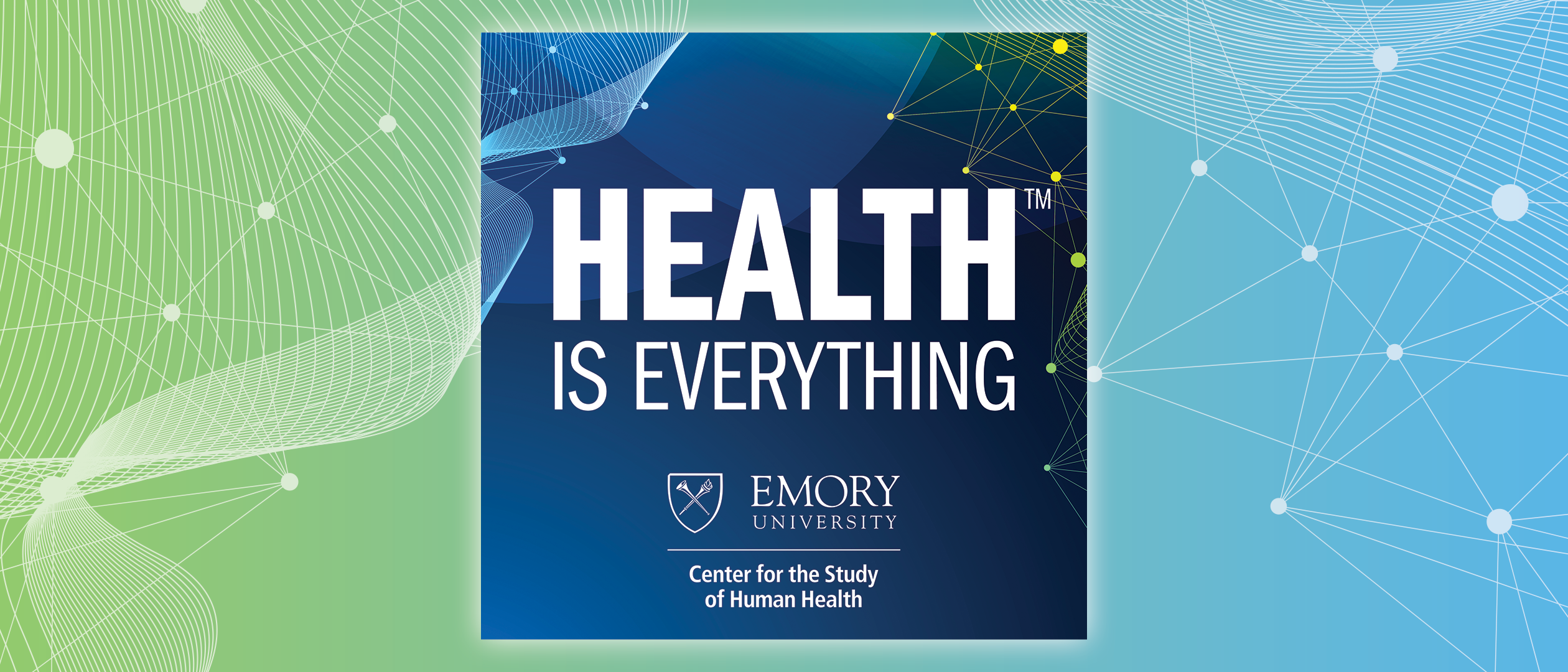Can psychedelics bridge the gap between mental health, spirituality, and modern medicine? Former Google product manager turned medical researcher Fayzan Rab joins Dr. Charles Raison to explore groundbreaking research on psychedelic therapy, its economic impact, and its unexpected intersections with faith and identity.
How One Valley Changed the Equation: A Roadmap for Transforming Behavioral Healthcare in the United States
It’s no secret that the United States is in the midst of a mental health crisis. There are a number of reasons why this is occurring, but none is more important than the fact that good mental health care is often somewhere between difficult and impossible to find. And when one can get in to see a provider the services offered are often inadequate: visits are short, help is usually unavailable to address all the problems of life that make us depressed or drive us to drugs or alcohol, and the answer to our psychiatric issues is usually a pill.
If ever there were places that might be immune to these problems one might guess that beautiful Rocky Mountain resort towns like Vail, Colorado, would be outstanding candidates. The landscape is beautiful, and the active and outdoor lifestyle the mountains offer is the envy of all those living in less blessed locations. No surprise that people flock to places like Vail in hopes of tapping into the paradise that these places seem to be.
But there is a paradox in paradise. The ski resort towns of the American West have suicide rates so high that the area has been dubbed a suicide belt. Vail and surrounding areas of Eagle County, Colorado, were no exception. In 2017 the area had one of the highest suicide rates in the United States with almost nothing in the way of services for many people struggling with mental health issues. No providers took private insurance and no treatment facilities were available for people who were acutely suicidal. These people were either shipped to cities several hours away or were booked and then housed in the local jail. Things were bad, with no clear path forward.
Then a remarkable series of events occurred that have utterly transformed mental health care in Eagle County. Today Eagle Valley Behavioral Health, a new non-profit mental health entity overseen by Vail Health, has 150 clinicians at its disposal, all committed to providing a continuum of care, early intervention, and programs aimed at preventing the development of mental illness. A new state-of-the-art inpatient facility that will have 14 beds for adults and 14 beds for adolescents is nearing completion. All residents of Eagle County are eligible to receive six free psychotherapy sessions a year. And multiple wellness and preventive health programs are on offer.
Join us in this podcast for a fascinating conversation with Chris Lindley, Executive Director of Eagle Valley Behavioral Health and the primary architect of the remarkable changes in mental health care that have occurred under his leadership. Mr. Lindley’s recounting of how he and his team revolutionized behavioral health care will provide a wealth of ideas that will be of interest to healthcare administrators, clinicians, patients, and anyone who cares for someone struggling with mental illness. Although Eagle County had an even steeper uphill climb than most areas of the United States, the struggles faced in the Vail Valley are universal in the US and explain why mental health care is so difficult to access and often so inadequate when accessed. The solutions pioneered at Eagle Valley Behavioral Health may hold promise for all of us.
